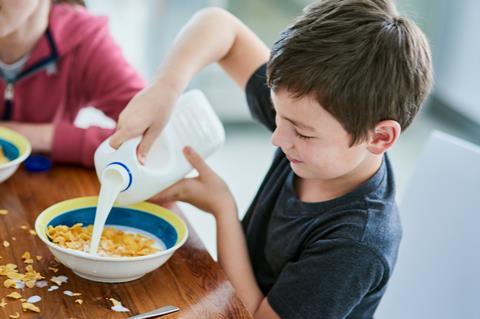
Health campaigners are calling for the removal of vibrant colours and cartoon characters that appeal to children from sugary breakfast cereals and yoghurts.
New research by Action on Sugar, based at Queen Mary University of London, found that most breakfast cereals and yoghurts with packaging that appealed to children contained “unnecessary amounts of sugar”.
Some products contained the equivalent of four teaspoons per serving, the research found.
Of 73 yoghurt SKUs surveyed by the charity, only six yoghurts were found to be low in sugar.
Meanwhile, only four cereals out of the 133 surveyed were low in sugar and salt.
Of all the companies surveyed, Nestlé, Lidl and Aldi had the highest sugars on average across their cereals and yoghurts targeted at children.
Nestlé’s Lion Caramel & Chocolate cereal contains 25g sugars per 100g – or 7.5g per serve. Its Smarties Vanilla yoghurt, meanwhile, provides 15.6g sugar per 107g pot.
Lidl’s private label Crownfield Choco Hazelnut Pillows cereal weighs in at 28.5g sugars per 100g – or 8.6g sugar per serving. Its Milbona Fruit Duo Fromage Frais Raspberry & Vanilla, meanwhile, provides 12.5g sugar per 100g pot.
Aldi’s own-label Harvest Morn Honey Nut Crunchy Cornflakes contains 28g sugar; or 8.5g sugar per serving. Its Brooklea Double Delights Raspberry & Vanilla Fromage Frais contains 11g sugar per 100g pot.
While there were restrictions in place to prevent the “irresponsible advertising of foods high in fat, salt, and sugar during peak viewing times for children”, there was “an evident loophole” regarding product packaging, said Action on Sugar.
“Unlike advertisements, there are no specific restrictions governing the visual appeal and design of packaging which influences children’s preferences,” it said.
“A potential solution lies in redirecting such visually captivating packaging strategies towards healthier food products, which are sold in plain packaging targeted at adults.”
Action on Sugar campaign lead and registered nutritionist Dr Kawther Hashem said child-friendly packaging was “misleading parents and making our children unhealthy and sick”.
“Given the soaring numbers of under-18s suffering weight-related health problems and tooth decay being the leading cause of child hospitalisation, now is the time for companies to be forced to remove child-appealing packaging from products,” said Hashem.
A Nestlé spokeswoman said the manufacturer was “committed to developing food and drink products that are tasty, nutritious and more sustainable”.
“Since 2003, Nestlé Cereals embarked on a significant and consistent work of reformulation meaning 84% of the portfolio is now classed as not high in fat, salt and sugar (non-HFSS) according to the UK government’s nutrient profiling model.
“Our yoghurt portfolio has also made significant steps in reformulation and has seen a reduction of 20% of sugar across our products,” she added.
Neither Lidl nor Aldi had responded to requests as The Grocer published this story.



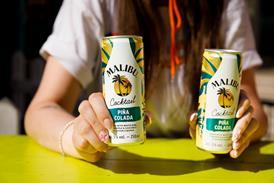



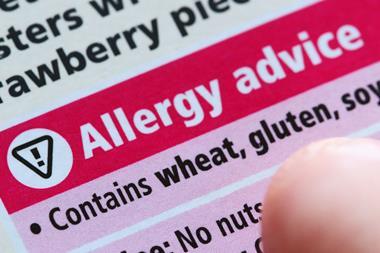
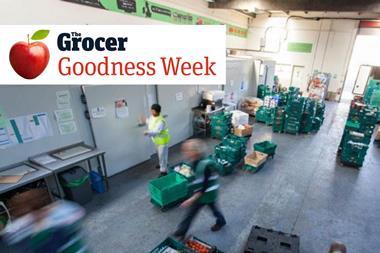


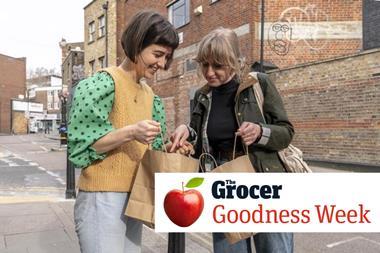
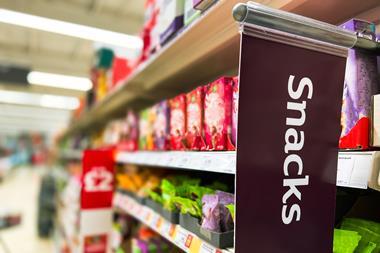
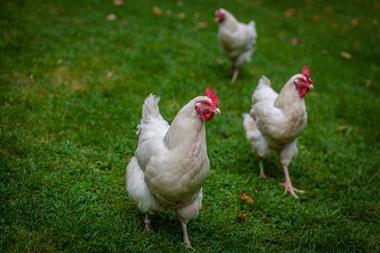

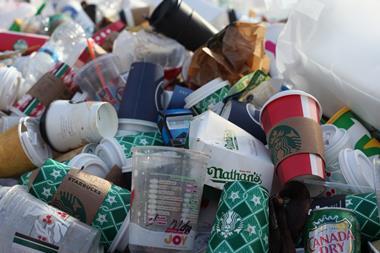
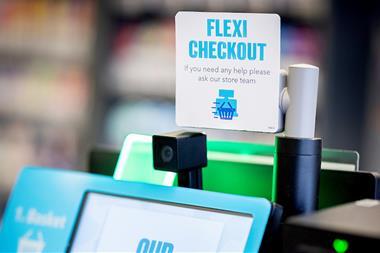
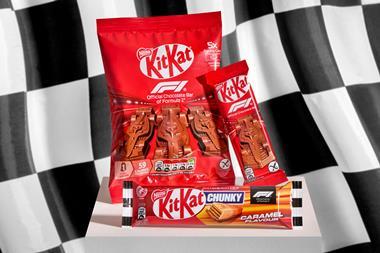
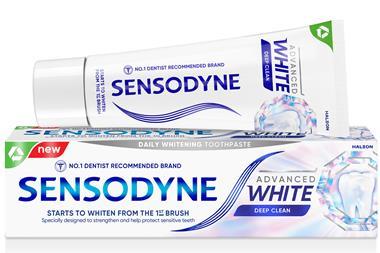
No comments yet